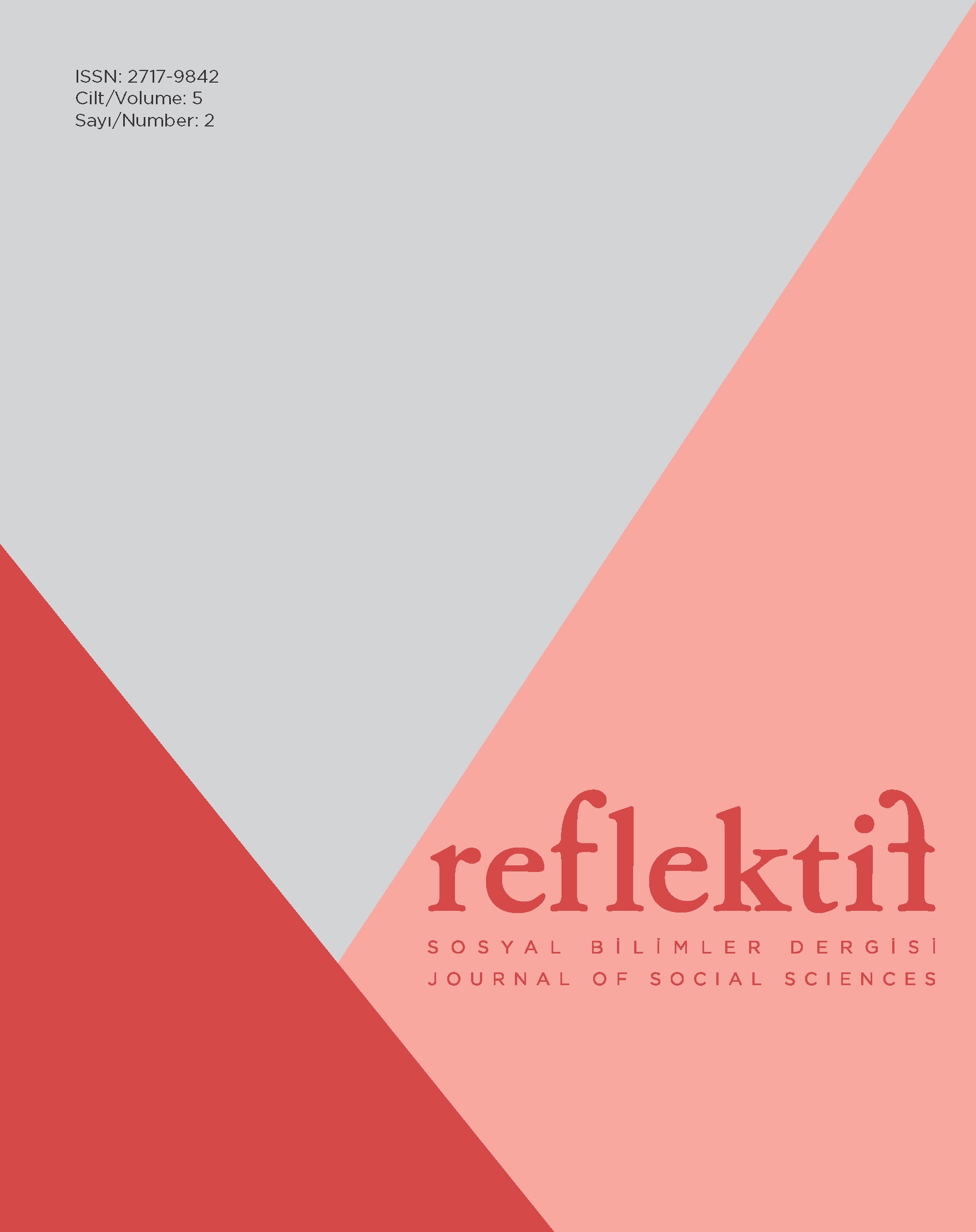Street Dog Adaptation Experiences: Personal is Political
DOI:
https://doi.org/10.47613/reflektif.2024.160Keywords:
street dog, dog population management, adoption, private-public dichotomy, anthroparchyAbstract
In this article, I problematize the power institutions' policy to manage the phenomenon of street dogs through adoption; I argue that they invisibilize political, social and economic issue by moving it from the responsibility of the public sphere to the responsibility of individuals in the private sphere. Based on the feminist movement's motto that the personal is political, I focus on the experiences of street dog adopters and make them visible. Firstly, I reveal through experiences the traumatizing aspects of their marginalization and commodification both in the disciplinary means - such as the shelter and dog catching - regulated by the Dog Population Management Paradigm and in the communal spaces -such as street- left unregulated by this paradigm. I draw attention to the fact that adopted dogs carry their experiences into their new lives with their new owners, and I explain the methods that adopters have developed to heal and/or cope with their traumas by their propre means without any public support. In this process, I also draw attention to the fact that adopters can be marginalized in their social circles and communal spaces. I also refer to the emphasis on the need to change the paradigm to treat the dogs as singular without marginalizing them. I also mention the demand that regulations on adoption should not reinforce patriarchal inequalities, but rather transform them.
Downloads
Published
How to Cite
Issue
Section
License
Copyright (c) 2024 Huri Kiraz Özdoğan

This work is licensed under a Creative Commons Attribution-ShareAlike 4.0 International License.
All manuscripts which are submitted to the REFLEKTIF Journal of Social Sciences should not be published, accepted and submitted for publication elsewhere.
In case an article is accepted for publication it is allowed to combine the article with other researches, to conduct a new research on the article or to make different arrangements on condition that the same license is used including the commercial purpose.
As an author of an article published in REFLEKTIF Journal of Social Sciences you retain the copyright of your article and you are free to reproduce and disseminate your work.




